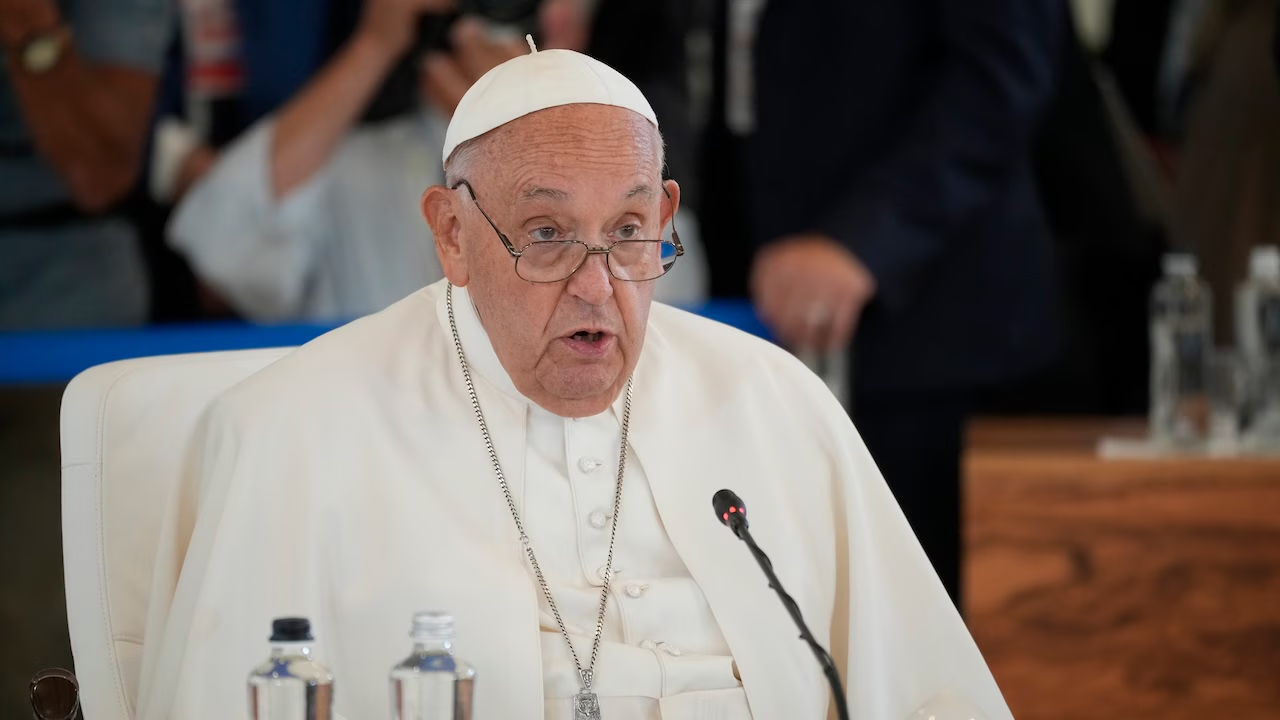Pope Francis has begun the most extensive and challenging tour of his papacy, covering nearly 33,000 kilometers (20,500 miles) over a period of 12 days. His trip, which includes stops in Indonesia, Papua New Guinea, Timor-Leste and Singapore, represents an adventure across some of the most diverse and geographically dispersed regions of the Asia-Pacific. The tour is a testament to his enduring commitment to interreligious dialogue and environmental advocacy despite the significant health challenges he has faced.
A journey of faith and diplomacy
The 88-year-old pope, who is managing various health problems, will begin his tour in Indonesia, the country with the largest Muslim population worldwide. His visit is particularly notable as he is only the third pope to visit the country. In Jakarta, he is scheduled to meet outgoing President Joko Widodo and attend a mass with about 70,000 attendees expected. The Pope’s visit to Istiqlal Mosque, Southeast Asia’s largest mosque, underscores his commitment to promoting inter-religious understanding and dialogue.
The significance of this trip extends far beyond mere diplomacy. Indonesia’s vibrant multicultural and multi-religious society presents an ideal backdrop for the Pope to highlight themes of environmental protection and religious harmony. His presence in the country is seen as an important sign of solidarity with the global Muslim community and a reaffirmation of his dedication to promoting peace and mutual respect among different religions.
From urban to remote
After Indonesia, Pope Francis will travel to Papua New Guinea, known for its remote and poor regions. Here, he will visit the city of Vanimo, located in the northwestern part of the country. The city, with its challenging conditions, is home to missionaries from Argentina, Pope Francis’ homeland, who are working to support local communities. The Pope’s visit is expected to provide a significant boost to his ongoing evangelization efforts and draw attention to the struggles faced by people living in these remote areas.
The Pope’s itinerary in Papua New Guinea also includes visits to areas affected by poverty and isolation. The visit is not only a religious pilgrimage but also a sign of solidarity with people who are often overlooked. For many local residents who have traveled long distances on foot to see the Pope, the visit represents a rare moment of hope and validation.
Timor-Leste: A symbolic stop
The visit to Timor-Leste has deep historical significance. The Pope will hold a prayer service on the same esplanade in Dili where his predecessor John Paul II addressed the people in 1989. The visit is seen as a sign of consolation and support for the local Catholic community who endured hardships under Indonesian occupation before Timor-Leste gained independence in 2002.
However, the visit to Timor-Leste has been marred by recent developments. Reports suggest that hundreds of homes in the area have been demolished ahead of the Pope’s arrival, displacing about 90 residents. These revelations have sparked controversy and raised questions about the timing and motives behind the demolitions. Despite these challenges, the Pope’s visit is expected to be a powerful symbol of hope and reconciliation for the people of Timor-Leste.
Singapore: Bridging the Divide
The final leg of the Pope’s visit will take him to Singapore, a country where three-quarters of the population is ethnically Chinese and Mandarin is one of four official languages. The visit is seen as an attempt to strengthen ties with China, a country with which the Vatican has had strained relations over issues related to the appointment of bishops.
While the Vatican and the Chinese Communist Party reached an agreement regarding the appointment of bishops in 2018, tensions still remain. The Pope’s visit to Singapore, a hub of international diplomacy and trade, can be seen as a strategic move to demonstrate the Pope’s commitment to improving relations with China and promoting dialogue between the Catholic Church and the Chinese government.
Health Concerns and Resilience
Given the Pope’s advancing age and recent health issues, this ambitious itinerary is a testament to his resilience and dedication. Despite having part of his lung removed in his youth and recently experiencing respiratory and mobility problems, Pope Francis continues to make important trips and keep a busy schedule. He will be accompanied by a medical team, including a doctor and two nurses, to ensure his well-being throughout the trip.
The Pope’s health challenges have been a source of concern, especially after he had to cancel his planned trip to Dubai for the UN Climate Conference last November due to lung inflammation. Still, his commitment to this extensive tour underscores his resolve to engage with communities around the world and address global issues.
